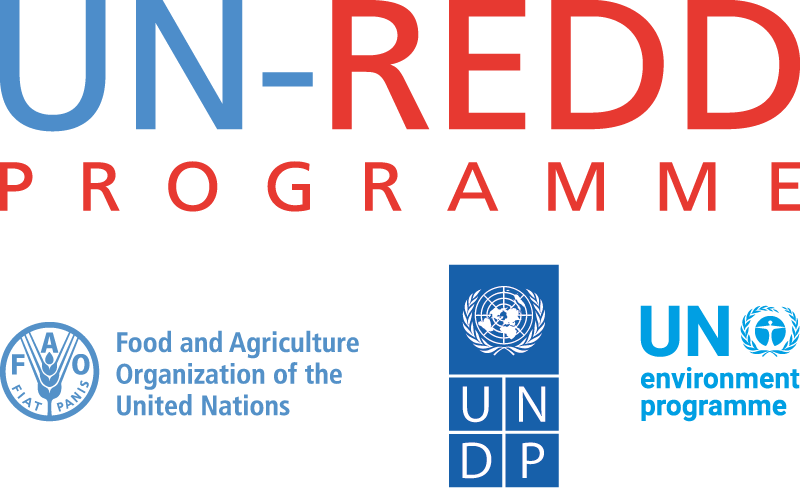
WHY ARE RESULTS-BASED PAYMENTS IMPORTANT?
RESULTS-BASED PAYMENTS HELP ALLEVIATE POVERTY AND CONSERVE FORESTS IN A GROWING NUMBER OF COUNTRIES
The UN-REDD Programme and its partner agencies, UNDP, UNEP, and FAO, are supporting a growing number of countries in their efforts to secure financing to implement REDD+ strategies and access RBPs for emissions reductions from the forest sector. To date, the UN-REDD partners have supported eight countries to access $496.8 million from the GCF under its pilot program on RBPs for reduced emissions. Approximately one-third of this funding is committed specifically to payments for ecosystem services (PES) and community forest management activities.
PESs are a unique policy instrument that rewards individuals or communities for undertaking actions that increase water purification, flood mitigation, or carbon sequestration. Payments can be an important mechanism to transfer much-needed cash resources directly to impoverished groups. In addition to being widely used to cushion the economic damage from sudden shocks such as the COVID-19 pandemic, and in the context of creating a greener, more equitable, and inclusive future, beyond COVID-19, cash transfers are an effective tool for reducing poverty, yielding benefits to health, education, employment, and overall well-being, as well as giving individuals the autonomy to manage their own expenses and stimulate local economies.
“The economic crisis has put our PES program at serious financial risk,” said Jorge Mario Rodríguez, director of the National Forestry Financing Fund of Costa Rica. “For many families, the PSA is the only, or most important, income they receive,” he said, using the Spanish acronym for PES, or pago por Servicios ambientales. “If they are not going to receive that money, there is a temptation to deforest. The GCF resources will ensure that the PES program continues during the COVID-19 recovery phase and will benefit thousands of small and medium forest producers, particularly in indigenous territories.”
Costa Rica’s market-based incentives to reduce forest loss and degradation have been implemented for several years, and public and private resources have been leveraged to invest in forest solutions including conservation, restoration, and improved land management. If similar market-based incentives were deployed in 12 other diverse countries, approximately $1.8 billion could be raised each year between them to be reinvested in forest solutions.
The ongoing COVID-19 pandemic has exposed an urgent need to invest in forests to build a better, greener, and more resilient world. RBPs are one innovative way to strengthen societies and economies, not only to prevent future pandemics but also to create sustainable, long-term growth.

